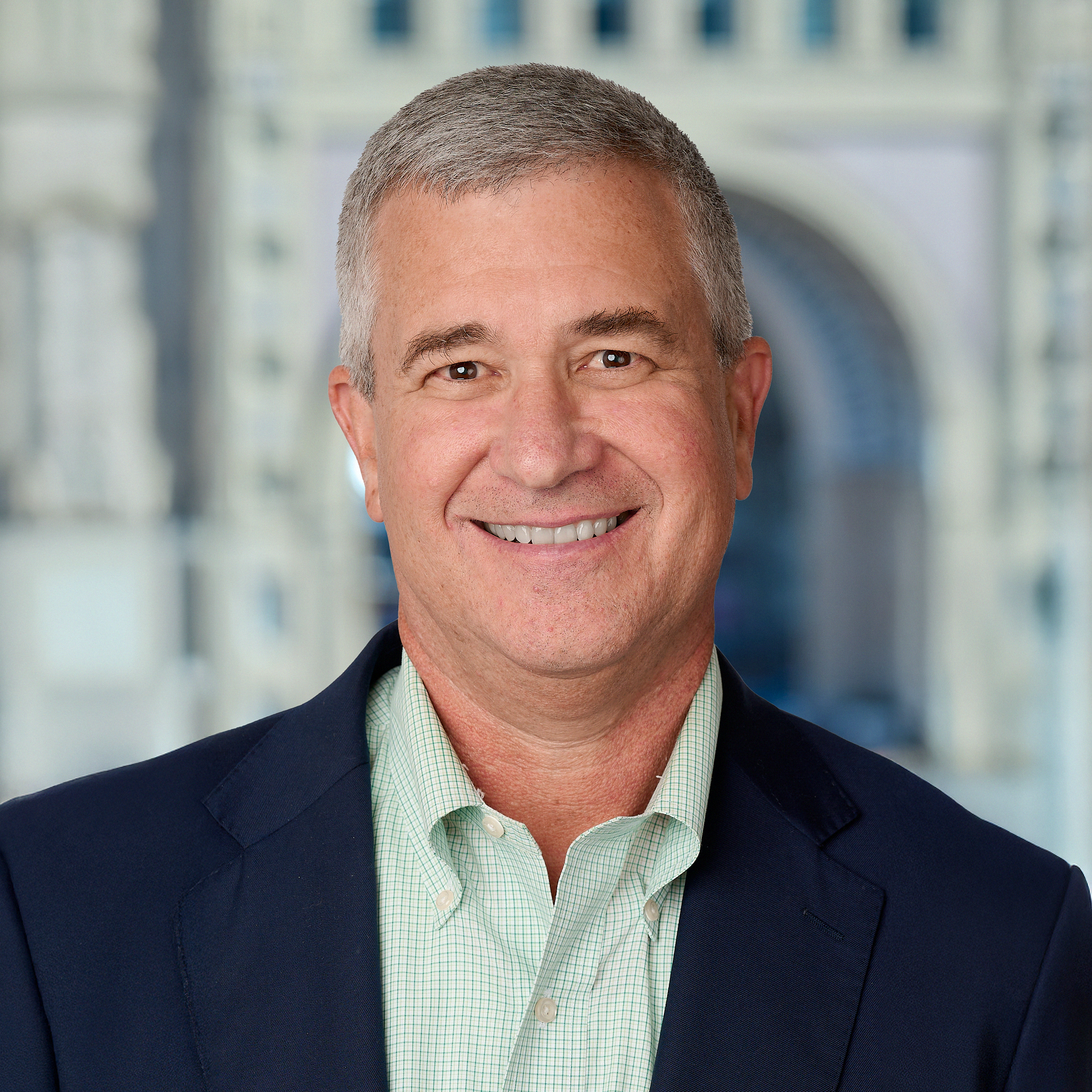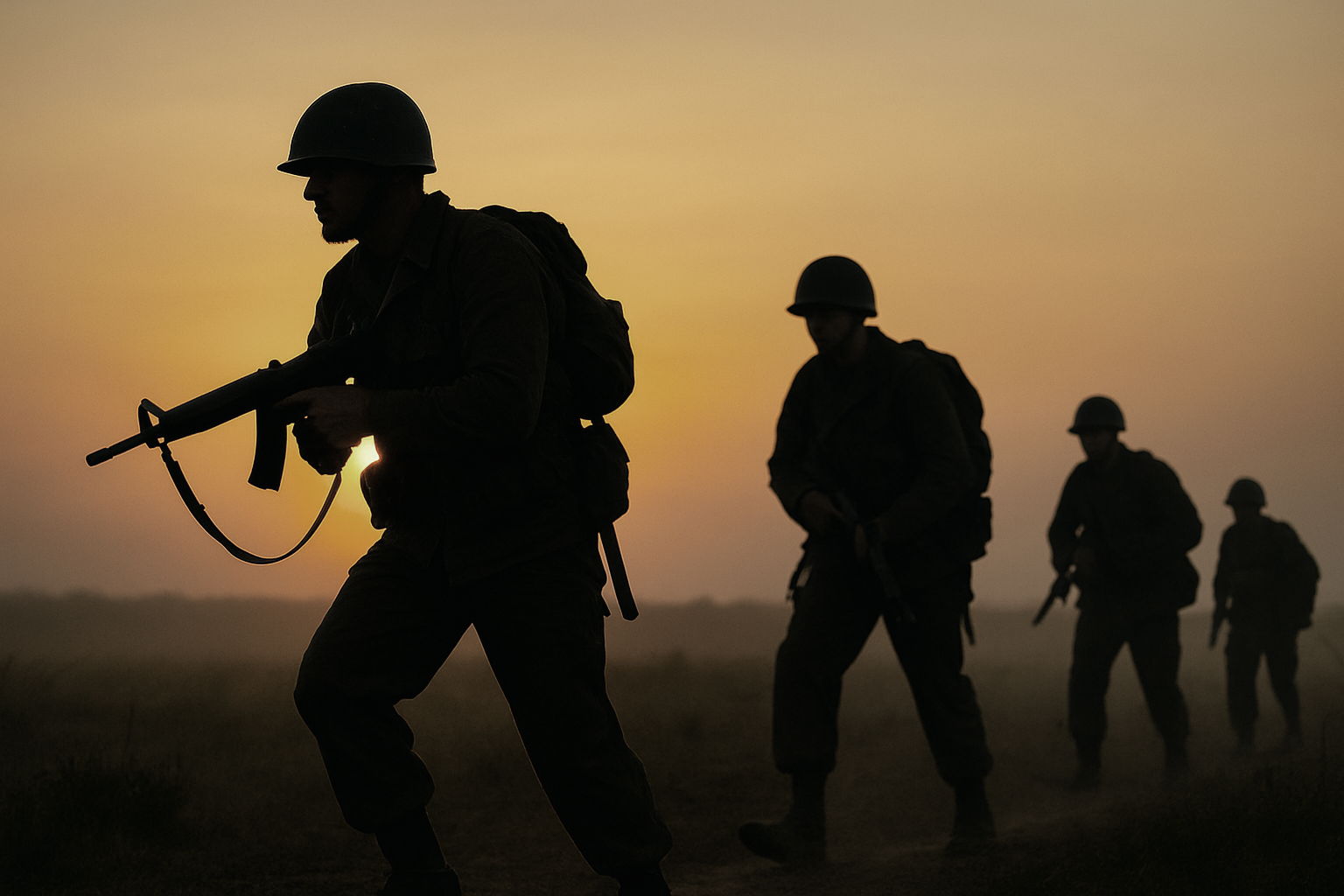The Leadership Journey of Vince Patton and the Legacy of the Pendleton Rescue
In the winter of 1952, off the coast of Cape Cod, Massachusetts, one of the most daring rescues in U.S. maritime history unfolded during a brutal nor’easter. Amidst 60-foot waves and wind gusts topping 80 miles per hour, a 503-foot oil tanker, the SS Pendleton, split in half. As chaos ruled the storm-ravaged Atlantic, a small, wooden, 36-foot Coast Guard lifeboat, CG-36500, was dispatched from Chatham Station with a four-man crew. Their mission was improbable: find the broken half of the tanker and rescue its crew with no radar, no GPS, and no guarantee of survival.
That rescue didn’t just save 32 lives—it would shape generations to come, including a young man who wouldn’t be born for another two years. His name was Vince Patton, and the story of the Pendleton would become the unexpected inspiration that launched his 30-year career in the United States Coast Guard and a lifelong dedication to servant leadership.
Turning Point
A Mistake That Changed a Life
When Vince Patton walked into the Coast Guard recruiting office in the early 1970s, he did so by mistake. He was planning to enlist in the Navy and simply entered the wrong office. But inside, while the recruiter was on the phone, Patton noticed a framed citation on the wall—an account of the 1952 Pendleton rescue. That document stopped him in his tracks.
It described how coxswain Bernie Webber and his three-man crew launched into a monstrous storm with no guarantee of return, navigating blindly to reach a shipwreck and miraculously bringing 32 oilmen home on a vessel only rated for twelve passengers. “I guarantee you’ll do something like that in your first four years in the Coast Guard,” the recruiter told him. That was enough.
“That citation changed my life,” Vince would say years later. “I read it like it was a novel. I could picture every wave, every cry, every impossible decision. And I knew then—I was going to be a Coast Guardsman.”
Service Path
A Career Defined by Leadership and Service
Vince Patton went on to live a career of action, ethics, and teaching. From his humble beginnings in Cape May, New Jersey, to assignments in Alaska, New York, Port-au-Prince, and Guantanamo Bay, Patton climbed the ranks to eventually become the 8th Master Chief Petty Officer of the Coast Guard—the first African American to hold that position.
Throughout his career, Patton preached the importance of values-based leadership. He taught that confidence, experience, and ethical grounding—not titles or rank—make a true leader. After retiring from active duty, he continued serving in new ways: teaching ethics at UC Berkeley, leading development at Monster.com, and ultimately teaching leadership and ethics at the Northeast Maritime Institute. He also serves as Senior Vice President for Leadership and Development at NewDay USA.
But it’s the Pendleton rescue that remains his personal compass.
True Leadership
Leadership Forged in Storms
What struck Vince most about the Pendleton crew wasn’t just their bravery. It was how ordinary they were. “One of them was just on a layover, waiting to be ferried to a lighthouse job,” he recalled. “He had the cushiest post in the Coast Guard—turning on the light, logging weather, nothing too dangerous. But when the call came in, he volunteered. Nobody forced him. He just saw himself as part of the crew. That’s leadership.”
For Vince, the Pendleton story epitomized selfless leadership: no glory, no recognition, just a commitment to mission and each other. Bernie Webber, the coxswain, later said he thought of his wife and children as he pulled on his boots to head into the storm. But the call to duty—and the faith his team had in him—was stronger than his fear. “You raise your hand to protect life at sea,” Webber told Vince when they met years later. “And you don’t question it. You just go.”
Rescue Aftermath
The Return Was the Hardest Part
The 1952 rescue is well-known, especially since Disney’s 2016 film The Finest Hours. But Vince believes the most remarkable part is what came after the rescue—getting home.
“There were 36 people in that tiny boat. It had no compass, no radio, no lights. People were freezing. Some didn’t have shoes. The boat was bobbing like a cork in 60-foot waves. How did they get back? They rode the seas, one slow, careful surge at a time,” Vince explained. “Bernie kept saying, ‘We’re almost there. Hang on. Almost there.’ He was bluffing. They were nowhere near shore. But he knew that if he lost his crew’s belief, he’d lose them.”
Vince says leadership in crisis often means pretending you have more certainty than you do—not to deceive, but to inspire. “You carry the doubt so others can hold the hope.”
Ongoing Inspiration
Living the Legacy
Throughout the episode on the Healthcare Facilities Network, Vince and co-host Ed Loughran—himself a Marine and Cape Cod fisherman—talked about the technical aspects of that mission. The challenge of crossing the bar off Chatham in winter. The impossibility of launching a wooden vessel with less than 150 horsepower into hurricane-force winds. The lack of GPS, radar, or weather forecasting. “They had instinct and training. That was it,” said Ed.
But what struck them most was that this kind of heroism wasn’t an outlier. It happens daily. Vince recounted a similar rescue during his tenure as Master Chief in the 1990s. A 41-foot utility boat from Station Cape Charles went out during a storm and rescued seven men from a sinking tug. The coxswain, Chief Joe Habel, made the call to launch despite having every reason not to. His crew literally fought for the chance to go with him.
“When I went to pin the medals on them,” Vince said, “Joe insisted every man get the same medal. Just like Bernie did. That’s a culture.”
Modern Relevance
The Crisis of Modern Leadership
Vince’s reflections are timely. Asked whether we face a leadership crisis today, he offered a nuanced view: “It’s not that leaders don’t exist. It’s that the noise is louder now. Social media magnifies failure and masks inspiration. But the good ones are out there.”
He pointed to examples from the NFL—Detroit Lions coach Dan Campbell, whom Vince admires not just as a fan, but as a student of leadership. “Campbell takes ownership. He doesn’t pass blame. He turns failure into fuel. That’s what I admire.”
Vince’s broader point is that leadership today requires visibility, humility, and emotional intelligence. “Leadership isn’t just knowing the way. It’s showing the way, walking it, and convincing others to walk it with you—even into a storm.”
Character & Humility
The Humble Hero
For all his accomplishments, Vince remains grounded. “People ask me when I’ll slow down. I tell them—I’ll get plenty of rest when I’m dead.” Between teaching, speaking, mentoring, and working with veterans, he remains tirelessly committed to leadership development.
In 2023, he was Grand Marshal of the Veterans Day Parade in his hometown of Detroit—his second time receiving such an honor, the first being New York City in 2022. But Detroit hit home. “This is where I grew up. The city that raised me. To be honored here? It still overwhelms me.”
Next came another recognition: hometown hero at a Detroit Lions game. “I told them, the only guy I want to meet is Dan Campbell,” he laughed.
Enduring Message
A Legacy That Won’t Fade
As Vince told his story, one image stood out—the famous photograph of Bernie Webber and his crew sitting in the mess hall after the rescue. Faces blank. Bodies limp. Four men staring into space, trying to comprehend what they’d just done. “They looked like they’d seen ghosts,” Vince said. “And maybe they had. But they also saw what real leadership looks like. You go out because others are counting on you. You lead, even when you're not sure you’ll make it back.”
From a mistaken office visit to Master Chief of the Coast Guard. From one framed citation to a life of service. Vince Patton’s story reminds us that leadership isn’t a title—it’s a decision. And sometimes, it starts in the middle of a storm.




